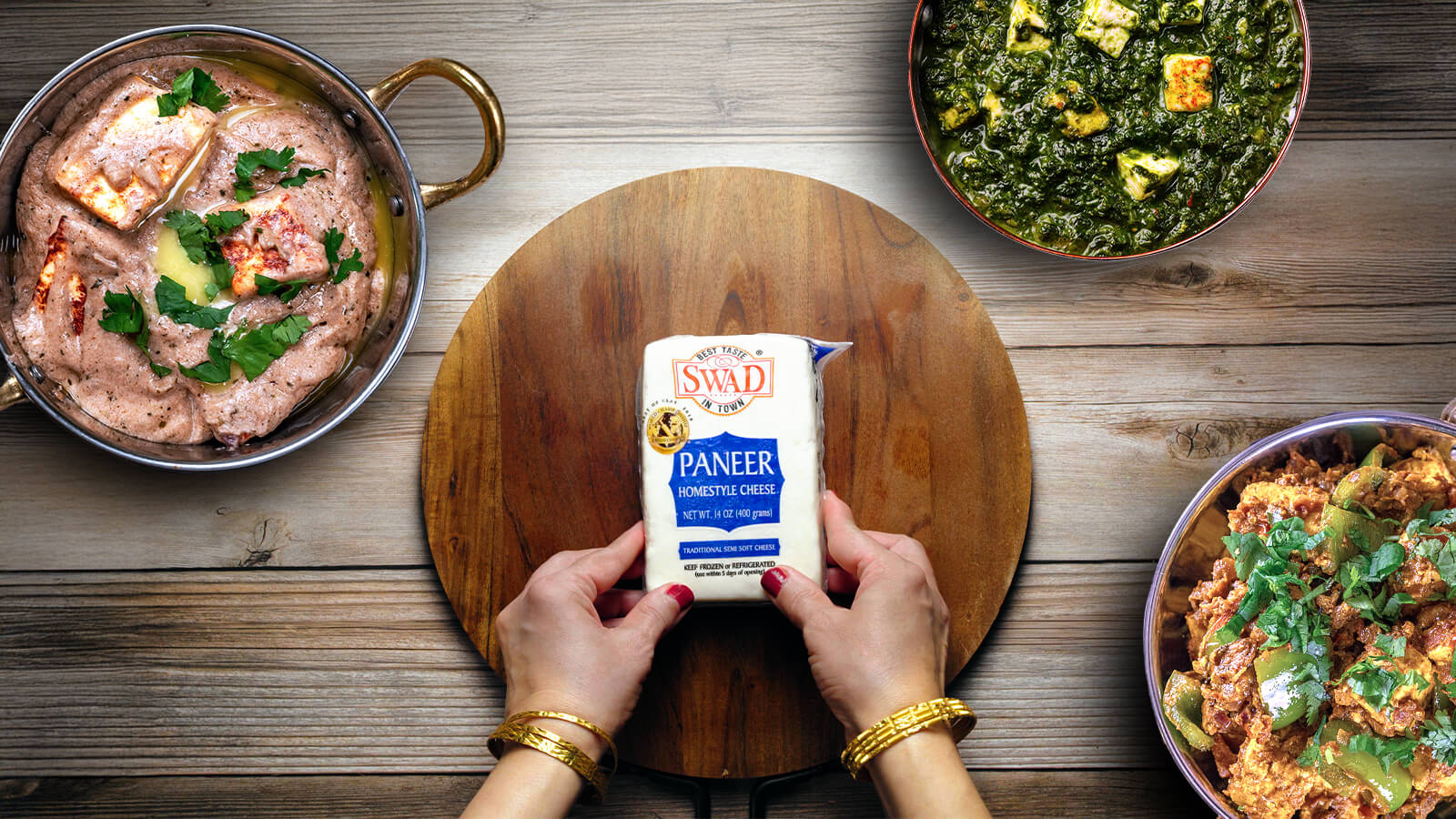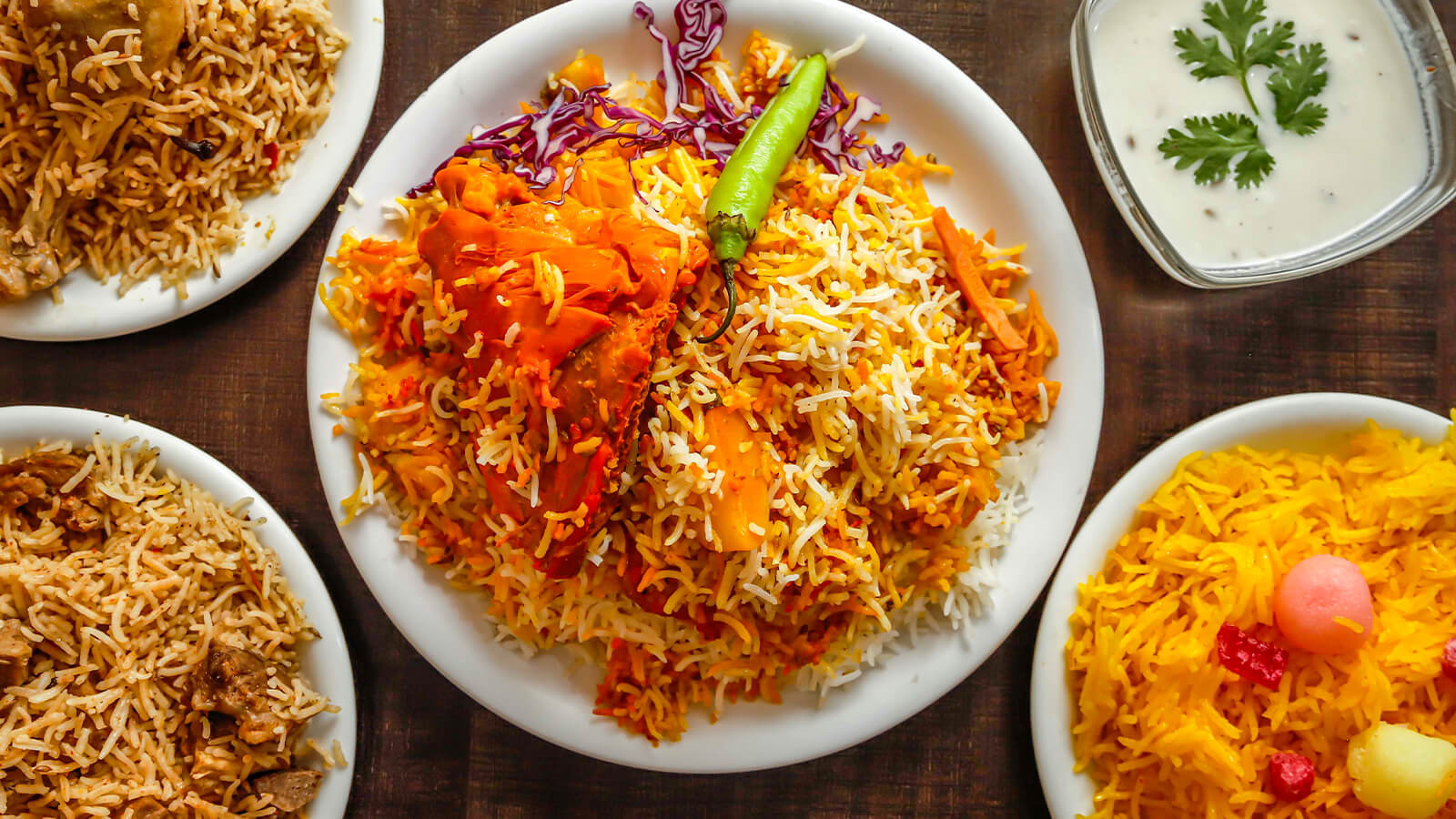Ayurvedic Diet Essentials: Eating for Balance and Well-Being

Ayurvedic medicine has recently gained popularity, evolving beyond just a diet into a complete lifestyle.
The Ayurvedic diet, deeply rooted in ancient healing traditions, offers a practical and effective way to improve overall health and well-being. Originating in India over five centuries ago, this diet is based on the principles of Ayurveda, a traditional Indian system of holistic medicine. The term "Ayurveda" translates to "science of life”.
The diet is tailored to an individual's dosha (body type) known as Vata, Pitta, or Kapha. Pitta dosha controls hunger, thirst, and body temperature. Meanwhile, Vata dosha controls movement and communication within the body, and lastly, Kapha dosha promotes joint function and provides structural stability.
Ayurveda diet strongly recommends incorporating all 6 tastes - sweet, sour, salty, bitter, pungent, and astringent in every meal. This balance not only satisfies the senses but deeply nourishes the body.
A key principle of the Ayurvedic diet is mindful eating, which involves thoroughly chewing food and avoiding overeating. The diet places significant emphasis on gut health, using everyday spices like ginger, turmeric, cumin, and fennel seeds to aid digestion and enhance the flavor of dishes.
A fundamental concept of the Ayurvedic diet is to eat fresh, local, and seasonal ingredients. For example, eating fresh leafy greens in spring, water-rich vegetables like cucumber in the summer, nuts, seeds, and grains in the fall, and warming dishes like soups and stews in the winter. The Ayurvedic diet emphasizes fruits, vegetables, and whole grains, with a significant use of unsaturated oils such as ghee.
Let's explore some top dishes from the Ayurvedic diet:
1. Khichdi

Khichdi, also known as khichri, is a beloved comfort meal enjoyed by both kids and adults. To prepare, cumin, ginger-garlic paste, turmeric, and garam masala are sautéed in a heated pan. Pre-soaked rice and moong dal are then added to the fragrant spices. After adding salt, the mixture is simmered on low heat until the rice is fully cooked. Similar to soup, khichdi is gentle on the digestive system and has a porridge-like consistency. It's a hearty and healthy dish.
2. Mung Bean Soup

Mung bean soup is a winter favorite and a staple in vegetarian and vegan diets, offering a rich, earthy flavor. Made with split green mung beans and seasoned with spices like turmeric, cumin, coriander, and garlic, this soup is an excellent source of protein, fiber, vitamins, and minerals. Mung bean soup can be enjoyed as either an appetizer or a main course, typically served with bread.
3. Sweet Potato Curry

If you love sweet potatoes, this curry is perfect for you. This flavorful dish blends the natural sweetness of sweet potatoes with creamy coconut milk and aromatic spices like turmeric, cumin seeds, coriander powder, garam masala, ginger, and cinnamon. Sweet potato curry is typically served with boiled basmati rice or quinoa, making it a hearty and wholesome meal.
4. Haldi Dhood

Haldi Dhood also known as Turmeric Milk, or Golden Milk is often used as an alternative remedy to boost immunity. With its anti-oxidation and anti-inflammatory properties, Haldi Dhood Milk is beneficial during the winter season because of its use in treating colds.
Haldi Dhood can be made within minutes with only a few ingredients such as milk, turmeric, ginger, cinnamon powder, and ground black pepper. With countless benefits, it is no wonder that Haldi Dhood has gained a cult following and has become a global phenomenon around cafes.
Other popular Ayurvedic dishes include spiced oatmeal, vegetable stew, and ghee rice.
The Ayurvedic diet suggests minimizing snacking and focusing on three complete meals each day. According to its principles, have a small breakfast, a larger lunch, and a light dinner eaten at least three hours before bedtime. Sitting down while eating and concentrating on your meal without any distractions is recommended.
Avoid rushing through your meals or waiting too long to eat. Eat when you feel hungry and when your stomach is empty. Try to have your meals at roughly the same times each day. Refrain from drinking milk with your meals, and consume fruit separately, not with dairy. During meals, water should be served warm or at room temperature.
In today’s fast-paced world, it can be challenging to prioritize your health and well-being. If you want to improve your eating habits and detoxify your body, we recommend trying the Ayurvedic diet.





